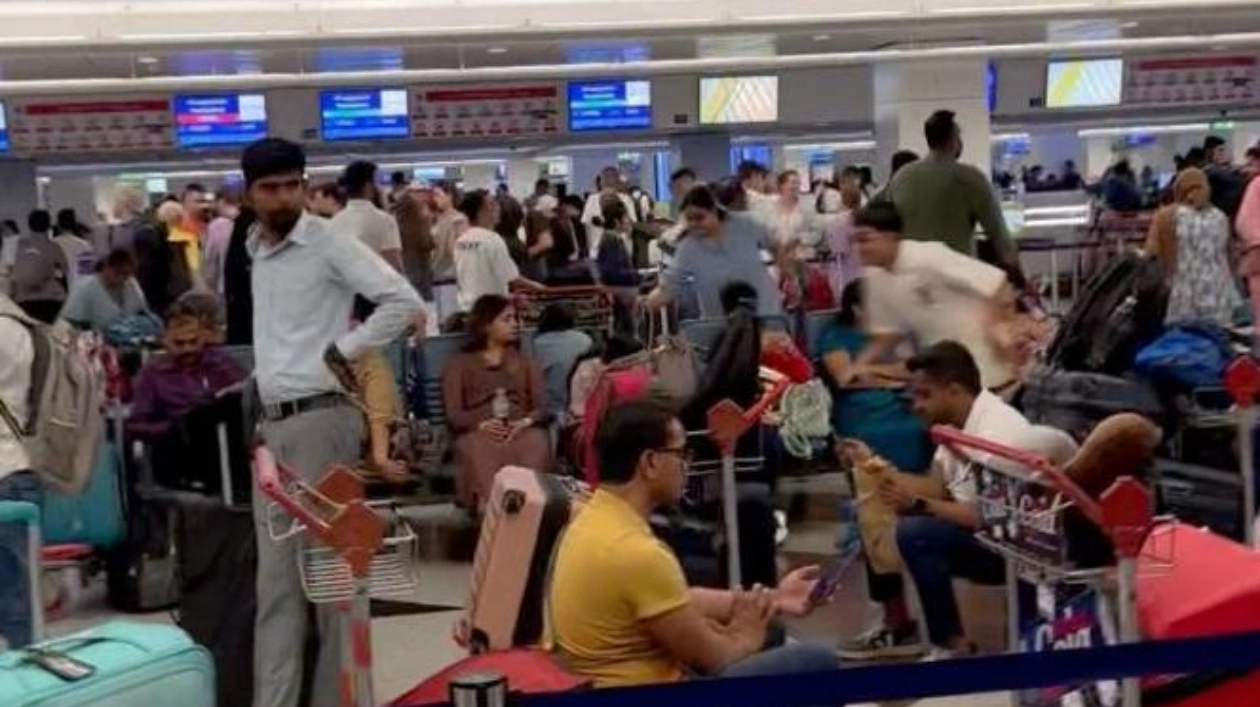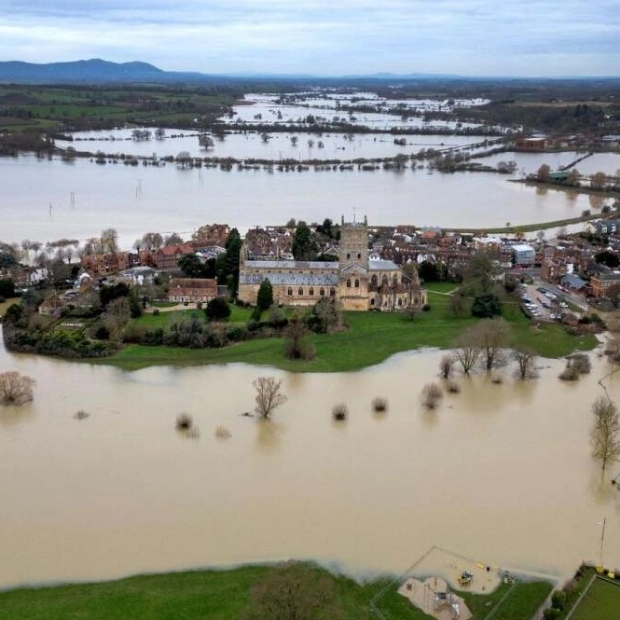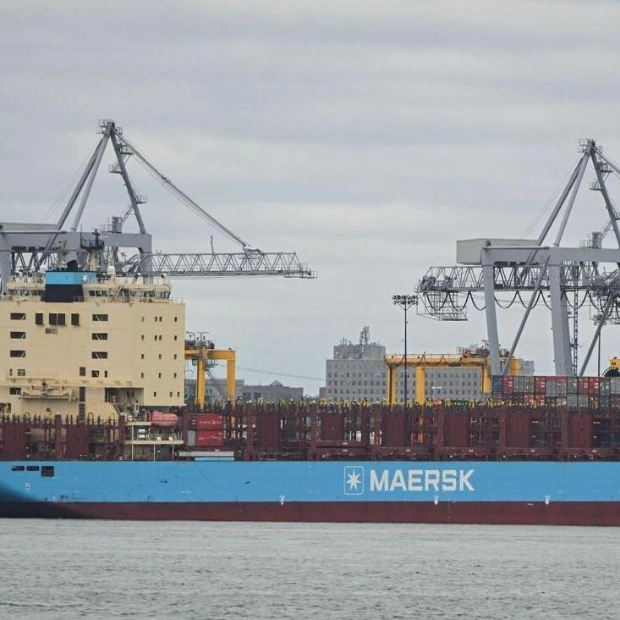The global IT infrastructure faced a significant disruption on Friday, not due to a cyberattack but a widespread system outage. This outage led to chaos across various sectors, grounding planes, congesting airports, halting ATMs, and disabling digital payments in supermarkets and petrol stations. Companies experienced forced reboots, often culminating in the infamous 'blue screen of death.'
The root cause of this massive outage was traced back to a faulty content update in Microsoft Windows, specifically a defect in the Falcon Sensor developed by CrowdStrike, a US-based cybersecurity firm. Despite being designed to prevent breaches and various types of attacks, including malware, the sensor inadvertently triggered the widespread shutdowns. CrowdStrike's CEO, George Kurtz, publicly apologized, clarifying that this was neither a security incident nor a cyberattack, and assured that the issue had been resolved.
Microsoft addressed the underlying issue affecting its 365 apps and services, noting that Mac and Linux systems were unaffected. The aviation sector bore the brunt of the disruption, with numerous cancellations and delays reported worldwide. In Asia, airports in Singapore, Bangkok, Hong Kong, India, and Manila experienced significant disruptions, while major US airlines like Delta, United, and American Airlines halted flights due to system issues.
In the UAE, while some government online services and Dubai International Airport operations were temporarily impacted, authorities confirmed no signs of cyberattacks. The UAE Cyber Security Council and the Dubai Electronic Security Centre advised vigilance regarding software updates and assured rapid response to safeguard government services. The General Civil Aviation Authority reported minor operational impacts on UAE airports and airlines, with alternative systems enabling a return to normal check-in processes.
Looking ahead, IT experts predict a thorough analysis to determine whether the incident was a cyberattack or a company oversight. This event serves as a critical reminder for governments and multinational corporations about their cybersecurity vulnerabilities and the need for backup options in case of future compromises. Industry professionals anticipate increased scrutiny and potential legislative inquiries into the incident.






